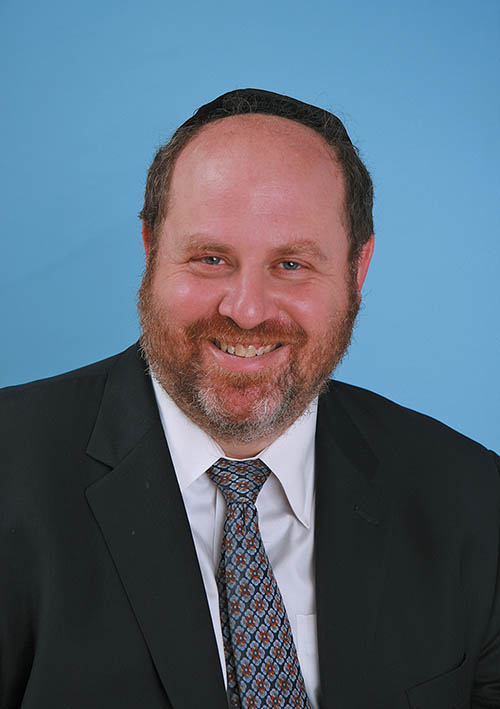

“The mitzvah of the seder night is the telling over of the story of Jews leaving Egypt,” says Rabbi David Fohrman, Dean and Founder of Aleph Beta and scholar for the Hoffberger Foundation for Torah Study. “And yet, we spend so much time with the preliminaries that by the time we get to the telling over of the story, we rush right through it to get to the meal.” That’s why Rabbi Fohrman wrote a new book just in time for Pesach entitled, The Exodus You Almost Passed Over.
This book is not another commentary on the Haggadah, but rather, on the Exodus itself. In the book Rabbi Fohrman invites readers to join him as he chronicles his own intellectual journey through the story. Rabbi Fohrman took an unconventional approach and speaks straight to the readers. “I wanted to directly engage readers. In a way I’m having a conversation with them as we share this journey. I’m sharing my thoughts but I want readers to come to their own conclusions.”
Rabbi Fohrman shared with the Jewish Link that the book is, in a way, structured like a “nonfiction mystery novel”—and, like in a mystery, at times readers may ask themselves how they got to the unexpected places they find themselves.
Many readers of the Haggadah are quite familiar with the story of the Exodus from Egypt. When we become that familiar with a story, often we suffer from something Rabbi Fohrman refers to as “The Lullaby Effect.” We stop listening to the words, and even worse, we don’t ask questions. If one were to stop and really listen to children’s lullabies one would likely not read them to her children. But we’ve stopped listening to the words. “Our familiarity with the stories in the Torah works against us. When you know something too well you stop listening to it. When you stop listening, the problems no longer register with you. The problems presented in the Torah are there purposely. They are windows into meaning that the Torah beckons us to explore.”
In the early chapters, Rabbi Fohrman presents a fictitious scenario of how the name of the holiday was chosen. Some might have thought Independence Day or Freedom Day more appropriate, but the name Passover, directly related to the 10th plague, is actually chosen instead. Rabbi Fohrman contends that the name points to a deep thread in the Exodus story involving themes related to being a “firstborn.” What that firstborn designation means for the Jewish people as a whole is one of the central themes of the book.
In the first three chapters of the book Rabbi Fohrman shows us the Exodus story from three different perspectives: God, Moses and Pharaoh. He explores how each figure acts in surprising ways—differently from how you or I would have acted, if confronted with similar circumstances. In a way, it seems that each of these three figures knew something about the Exodus process that we don’t know, and it is up to us to figure out what that something is.
Rabbi Fohrman will be speaking about the book at Congregation Rinat Yisrael, 389 West Englewood Avenue, on Sunday, April 17 at 8 p.m. Copies of the book will be available for purchase. The book is also available in Judaica stores, alephbeta.org and Amazon.com—although Amazon has been struggling to keep the book in stock.
Rabbi Fohrman founded Aleph Beta in 2011. It offers innovative ways to learn Torah through engaging, illustrative and imaginative videos. Online courses and materials are geared towards learners of all different levels and everyone will come away having learned something. Using the tools on the website gives participants the ability to examine and grapple with the Torah and hopefully find satisfying answers. For more information about Aleph Beta, visit www.alephbeta.org.
Rabbi Fohrman is the author of The Beast That Crouches at the Door, finalist for the 2007 National Jewish Book Award, and The Queen You Thought You Knew. He was a senior editor and writer for ArtScroll’s Schottenstein Edition of the Talmud and taught Biblical Themes at John Hopkins University. He currently serves as the resident scholar at the Young Israel of Woodmere and lectures internationally on Biblical themes.
By Sara Kosowsky Gross









